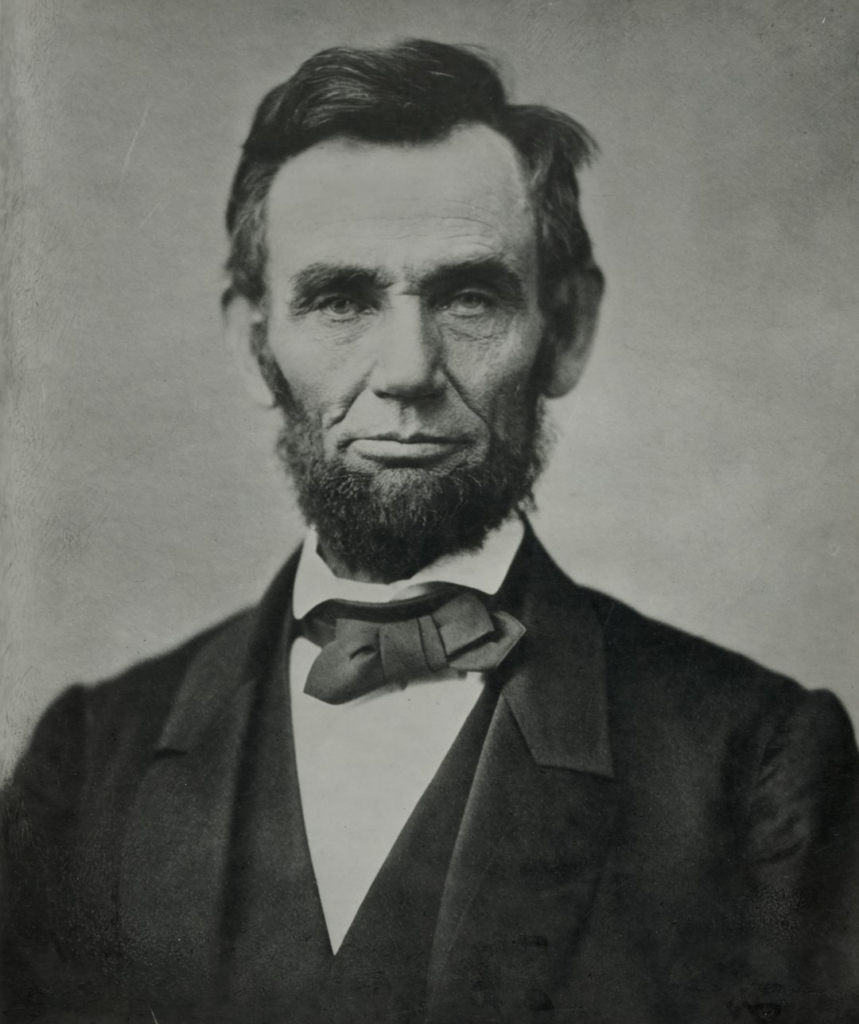
Charisma without substance is a dangerous thing.
–Kim Campbell, Canada’s first and only female prime minister.
Justin Trudeau’s popularity won him power in 2015. The popularity Trudeau enjoyed has steadily declined and has vastly dissipated. In the last couple of months, a strong wave of unpopularity has forced the PM to begin grappling with his political future. As of March 2024, Trudeau’s endorsement, according to the most recent Abacus survey, is at an all-time low of 24%, a sharp fall from his impressive 63% approval rating during his initial year in office.
Democracy rests on consent – an idea that at its most basic level says we choose leaders by voting for the ones we like. But it is always a tenuous proposition. The PM’s dive in popularity illustrates the erratic nature of being popular in liberal democracies. In an activity where popularity is key, there is room to ask if people need to like the politicians they elect.
So popularity is good and then goes bad? Implied in the few lines above, whether popularity is good or bad, lies also the inevitable question regarding the wisdom of replacing a formerly popular politician with a freshly popular one.
There are several reasons people come to like (and dislike) politicians. The need to ‘like’ our elected officials can be traced back to several psychological factors. One of the most prominent is the ‘halo effect’, a cognitive bias where our impression of a person in one area influences our overall perception of them. If we like a politician’s personality, we’re more likely to view their policies favourably, even if we might disagree with them on a rational level.
Another factor is the ‘similarity-attraction effect’, which suggests we are more likely to feel positively toward those we perceive as similar to us. This could be in terms of shared values, beliefs, or even personal background. Politicians who can successfully portray themselves as ‘one of us’ often have a higher likeability factor.
Then there’s the ‘affect infusion model’, which suggests our emotions can influence our judgement. If a politician can evoke positive emotions in us, whether through charisma, inspiring speeches, or even their personal story, we’re more likely to view them favourably.
Finally, ‘cognitive dissonance’ can also influence our need to ‘like’ our elected officials. This theory suggests that we strive for consistency in our beliefs and attitudes. If we’ve elected someone, if we share in their ideological views, we’re more likely to try and like them to avoid the discomfort of holding contradictory views.
Whatever the sources of one’s popularity might be, popularity does not directly beget good government. Popularity does not translate into good leadership.
To continue reading this column and other work, please visit the Institute’s Substack here.


Share Your Thoughts